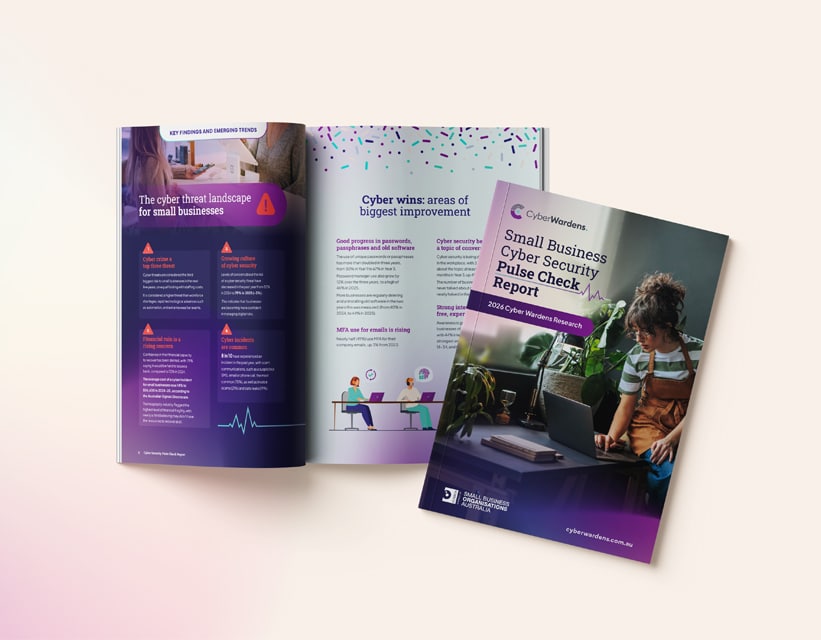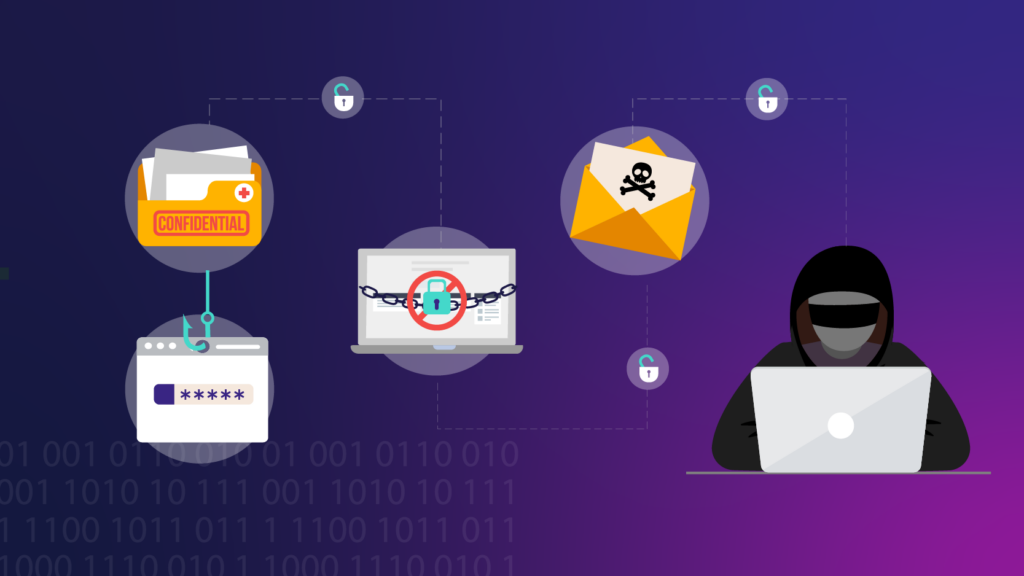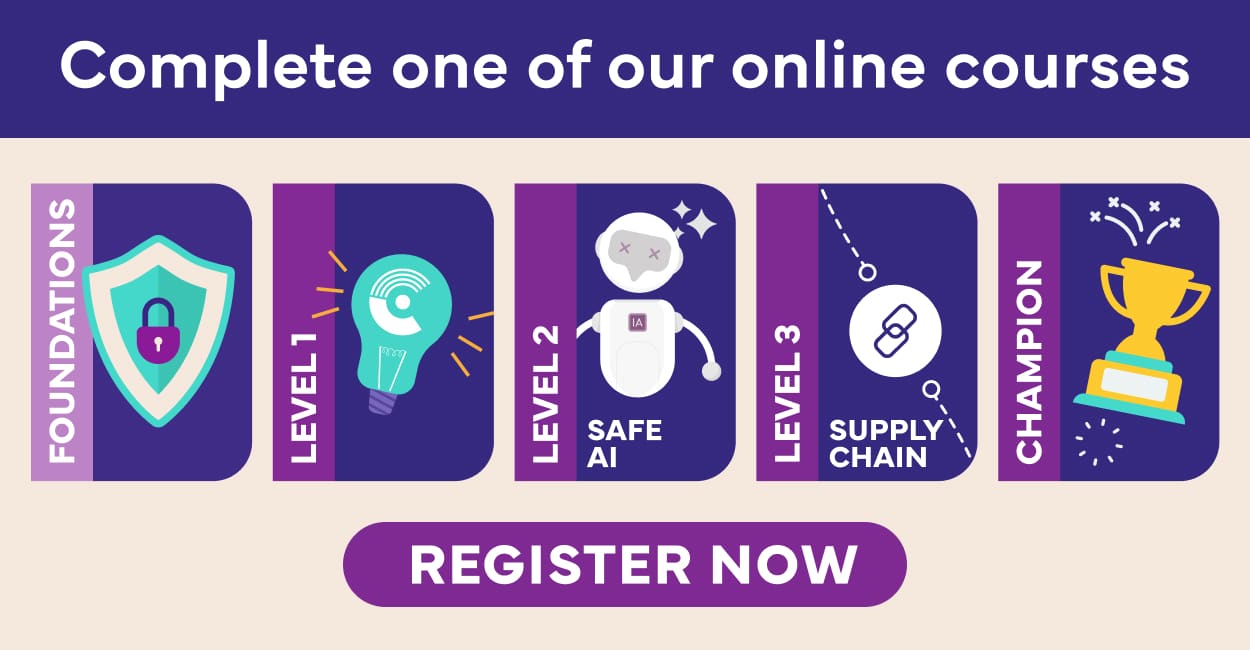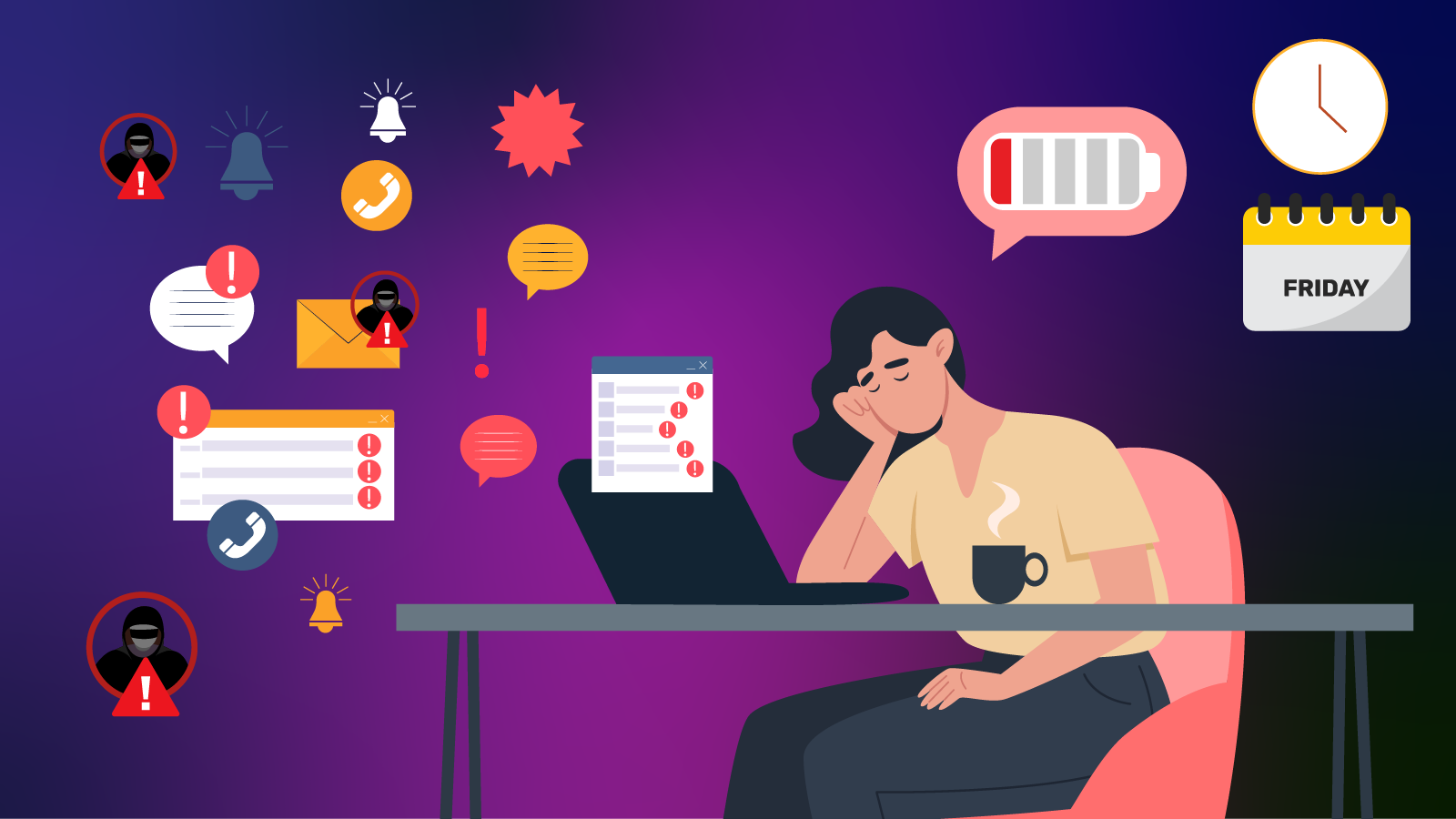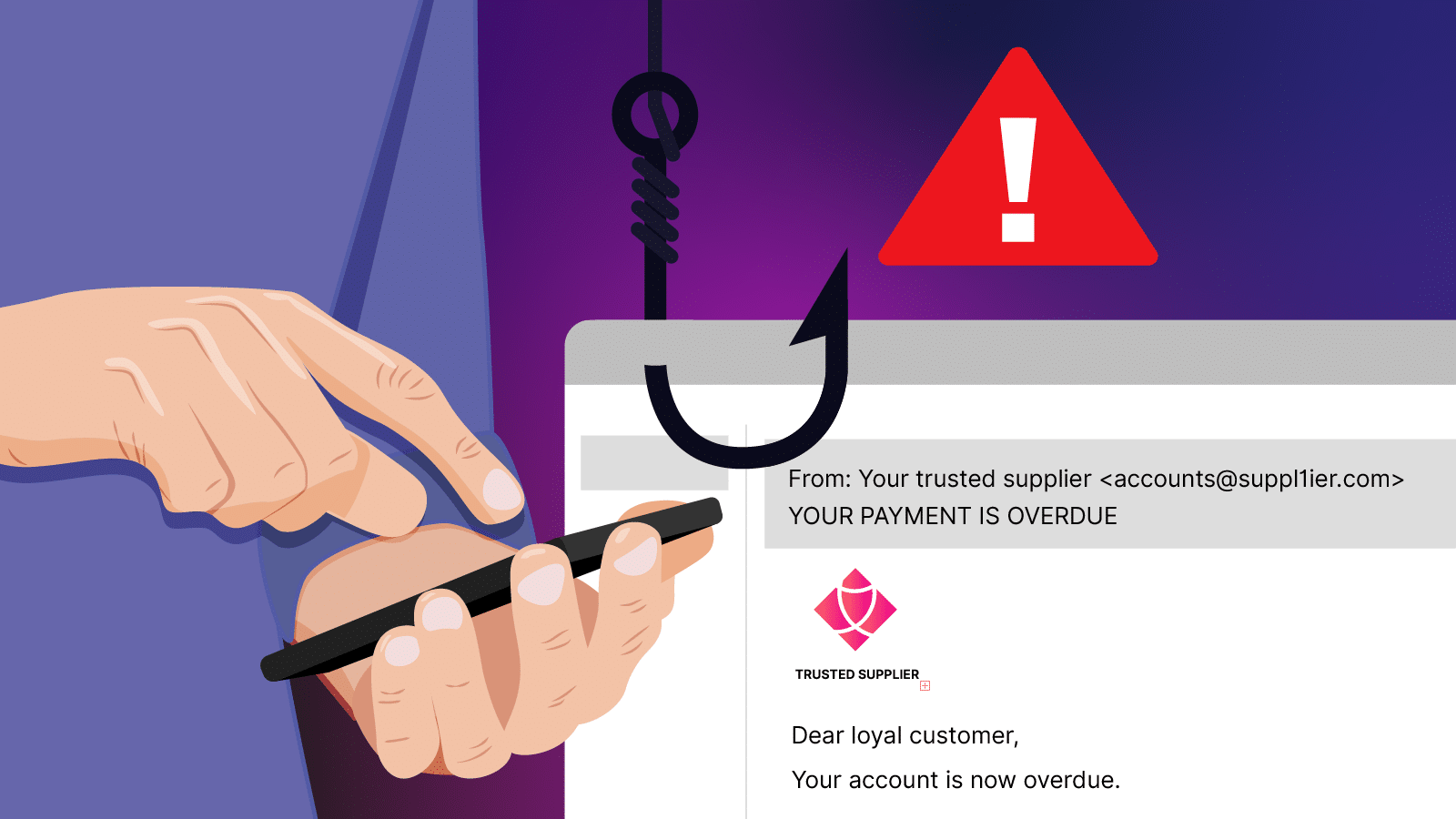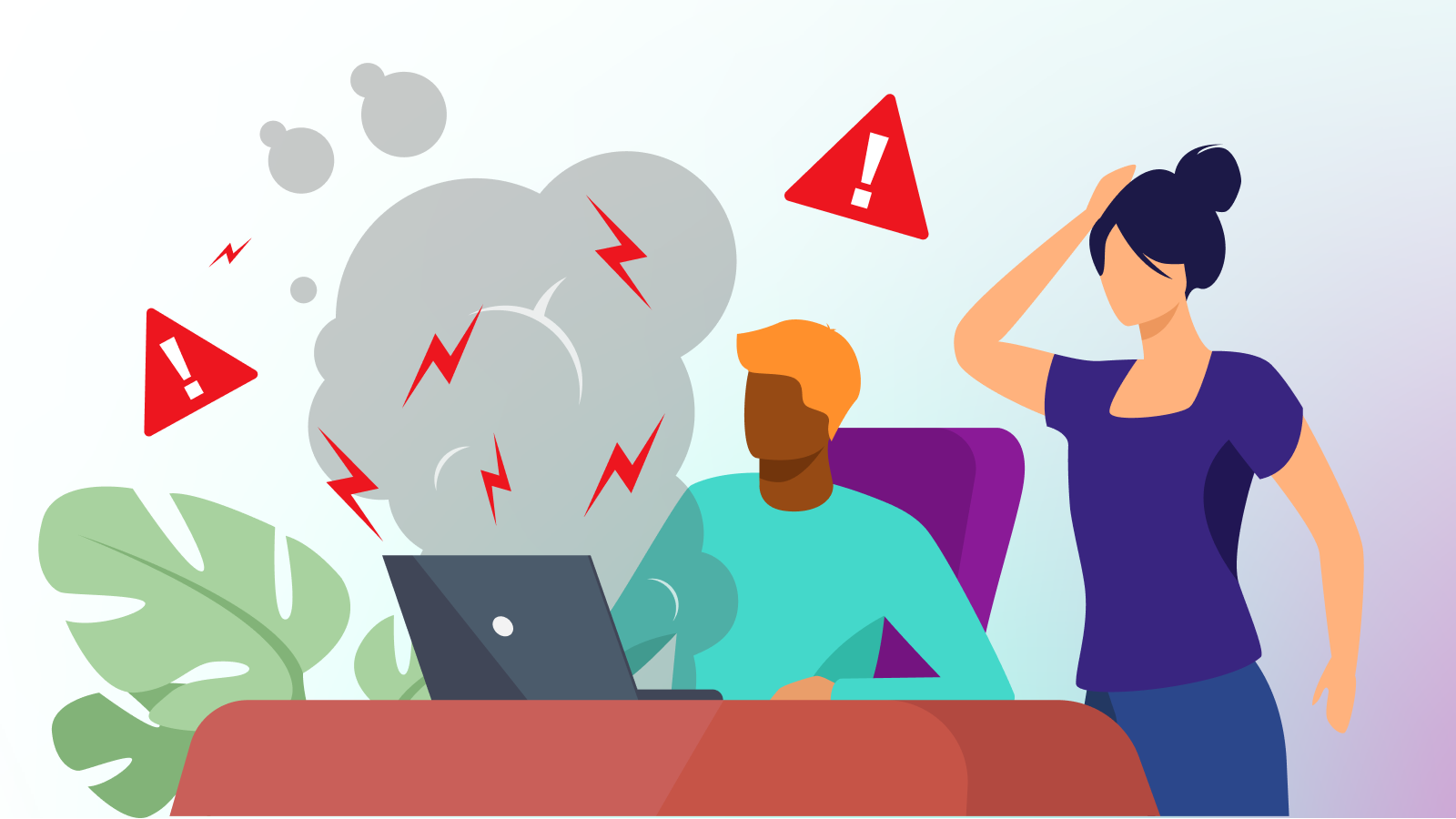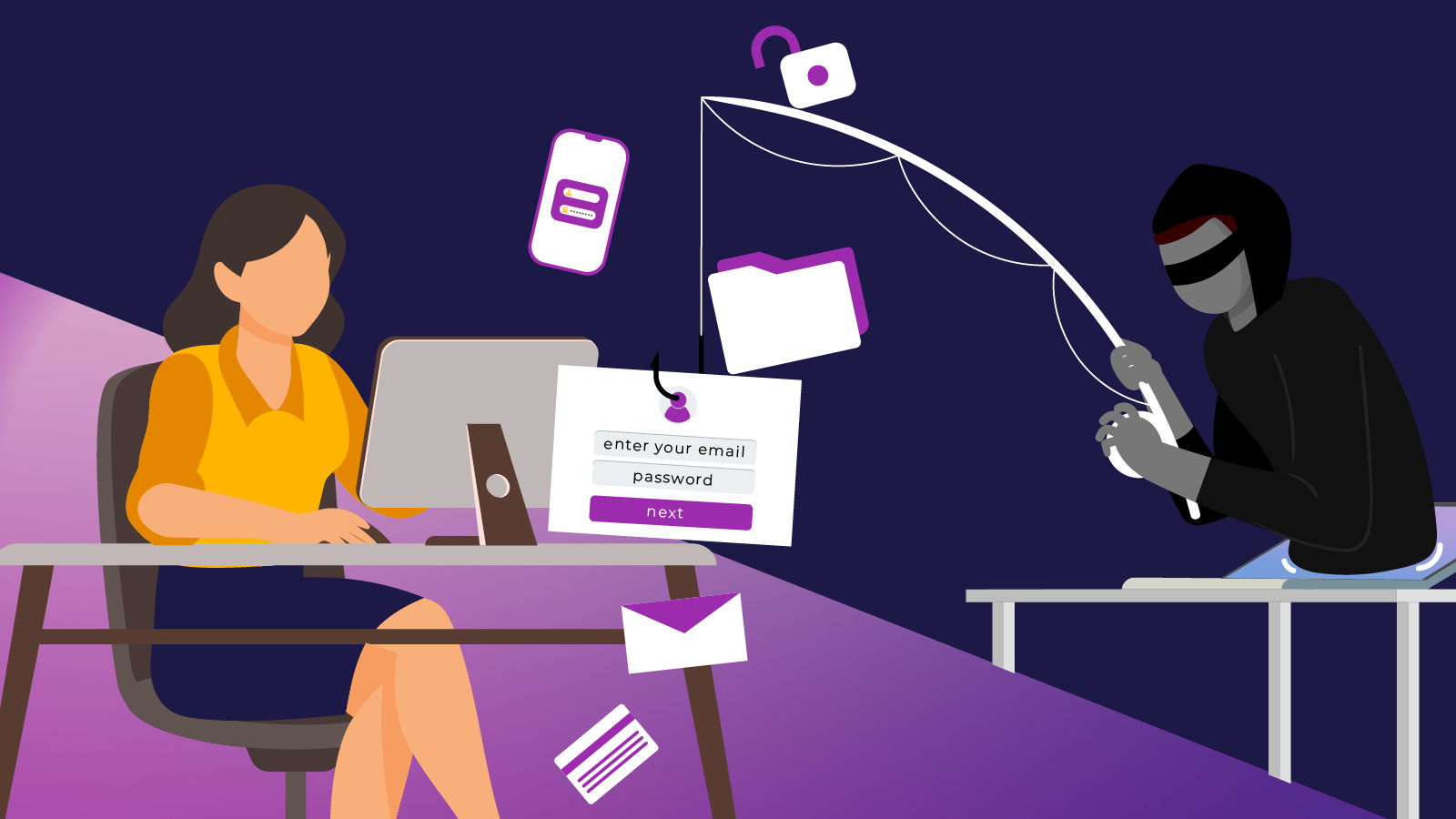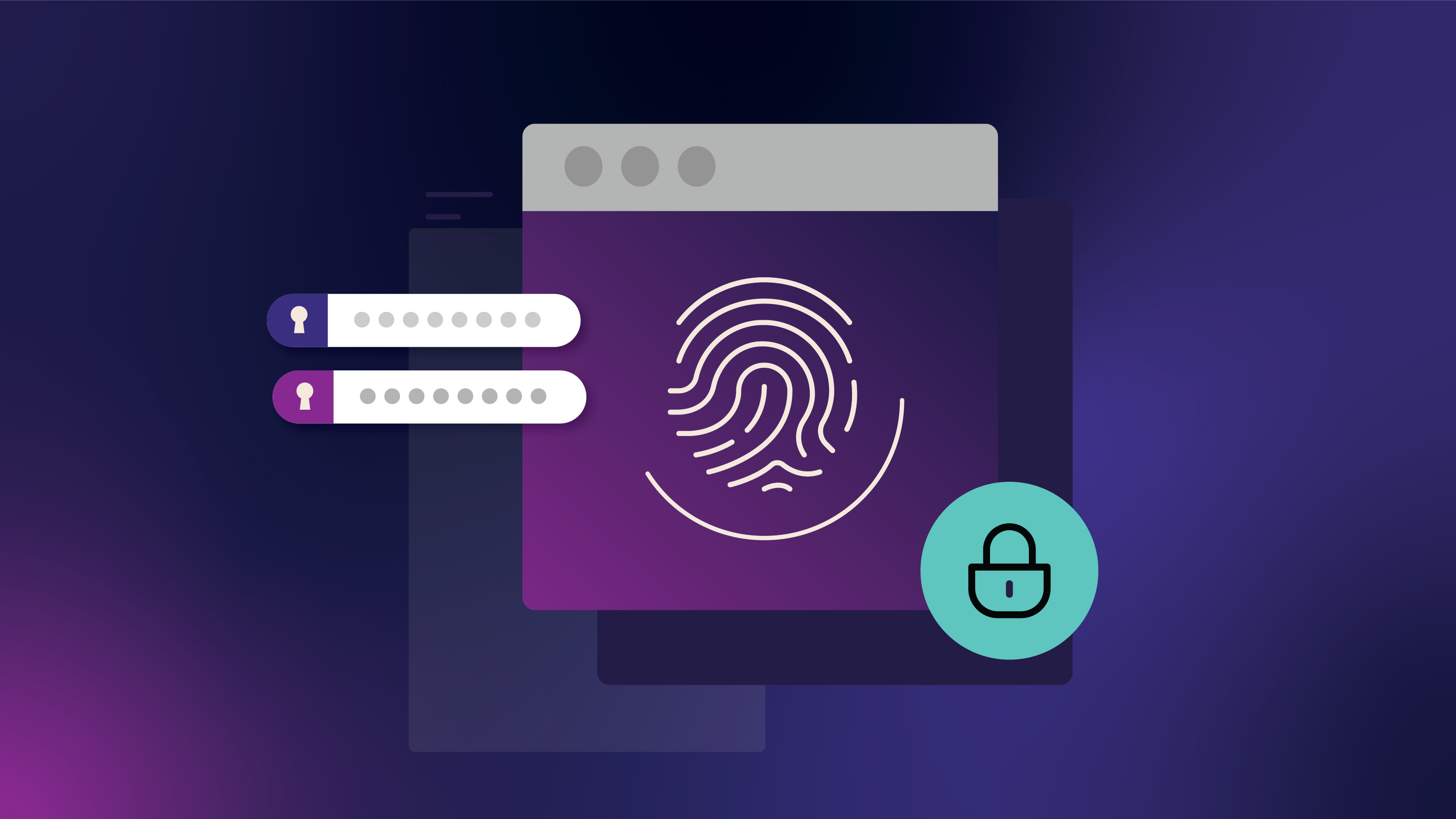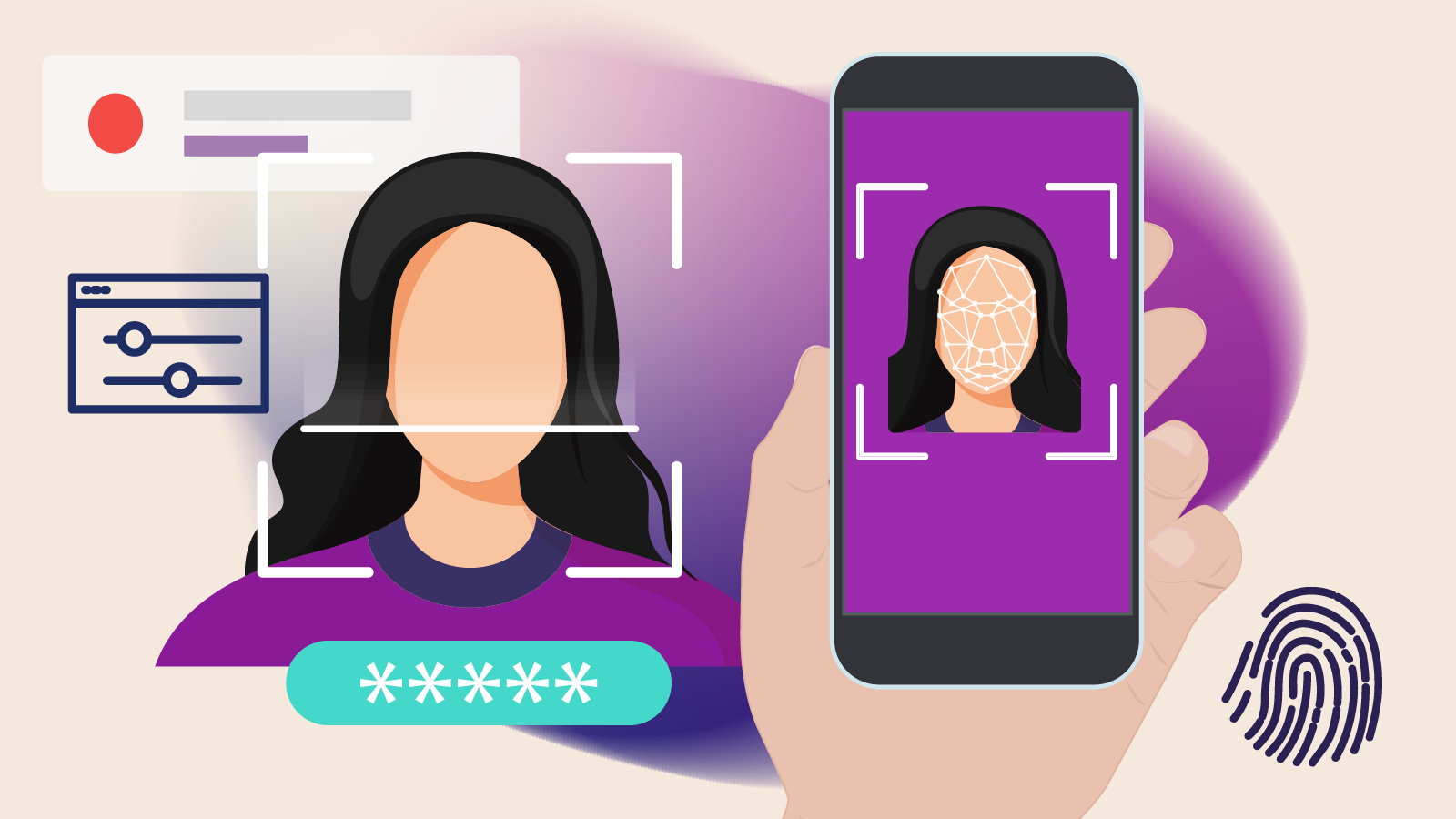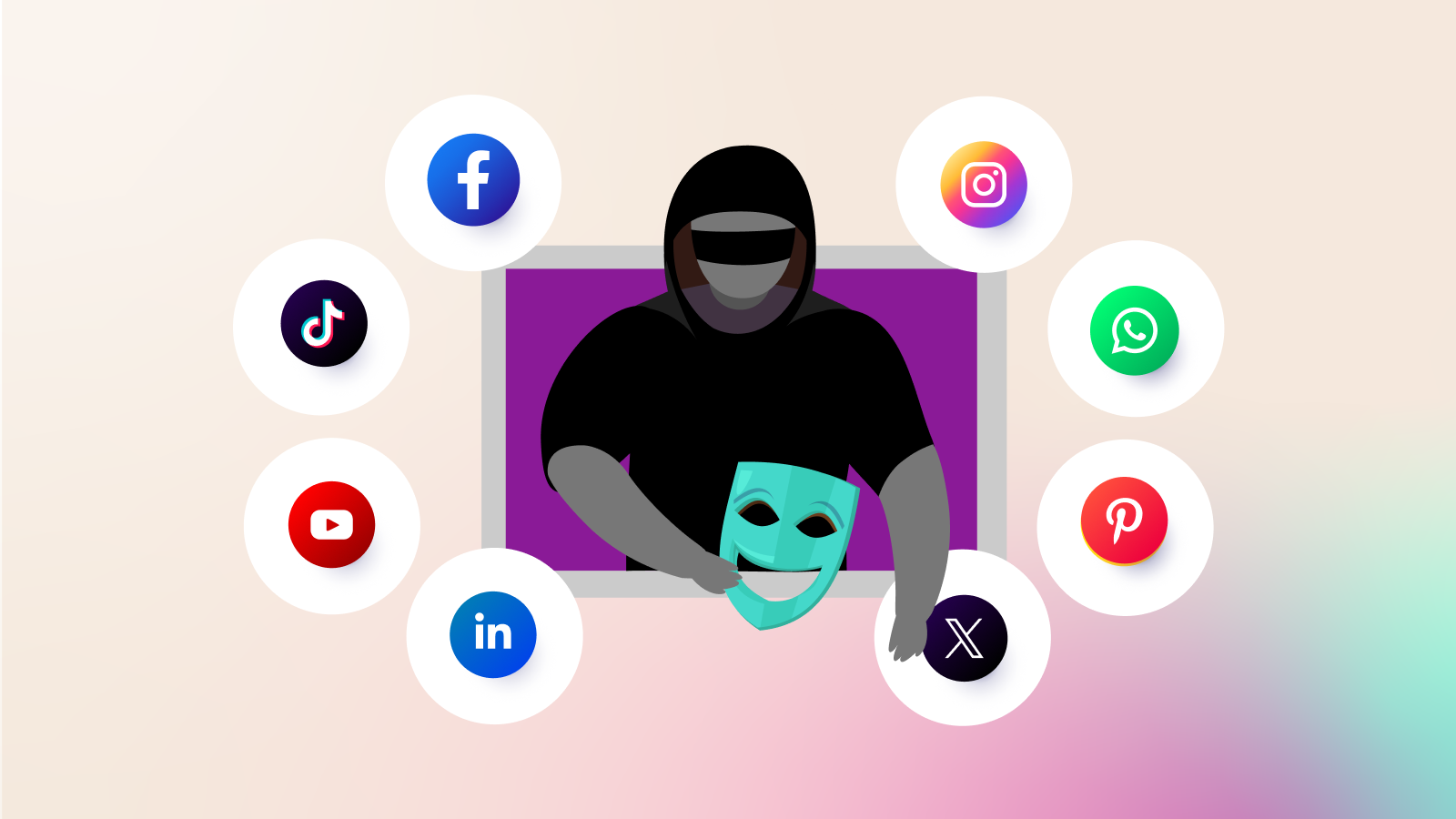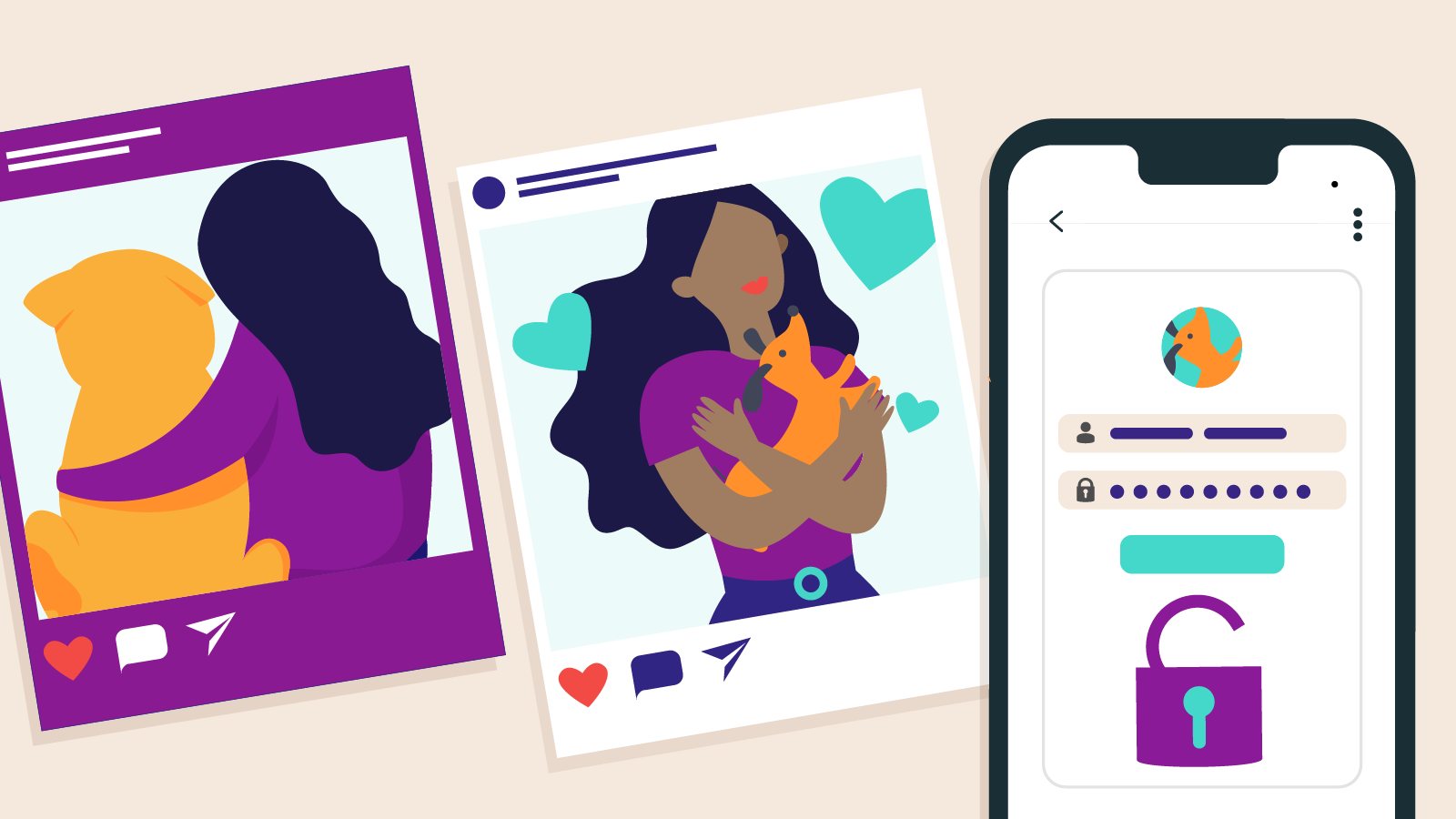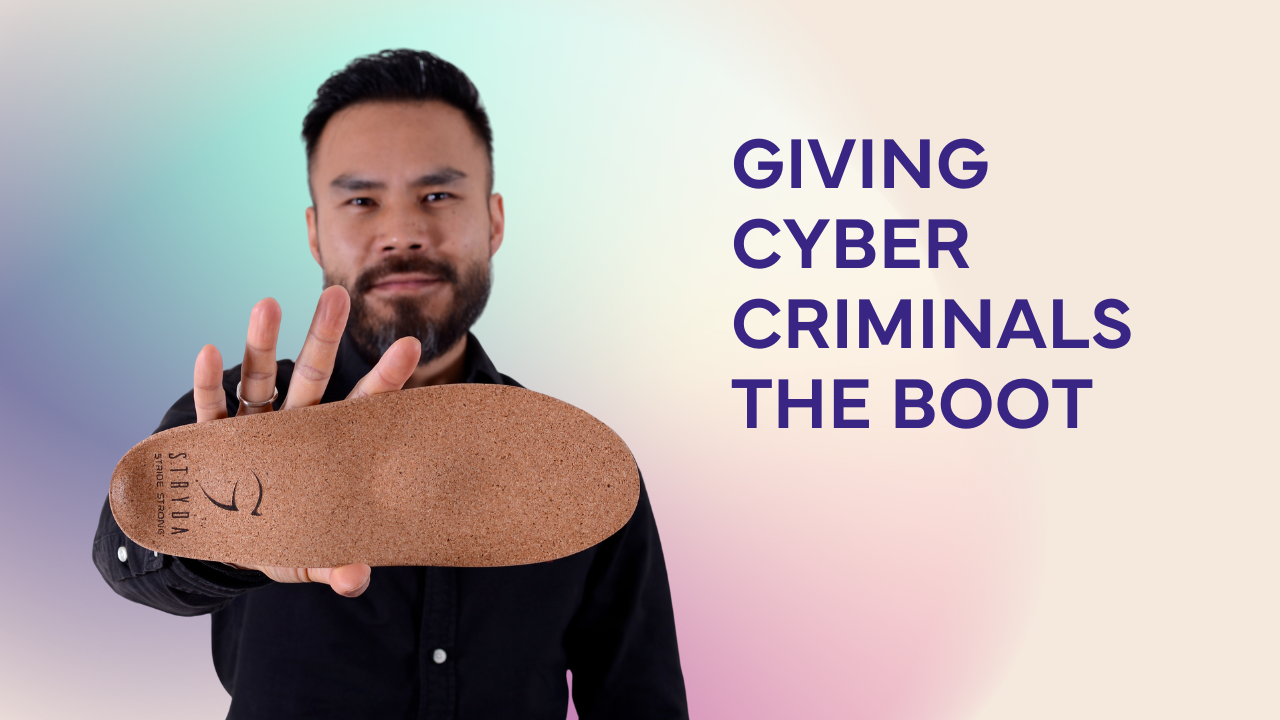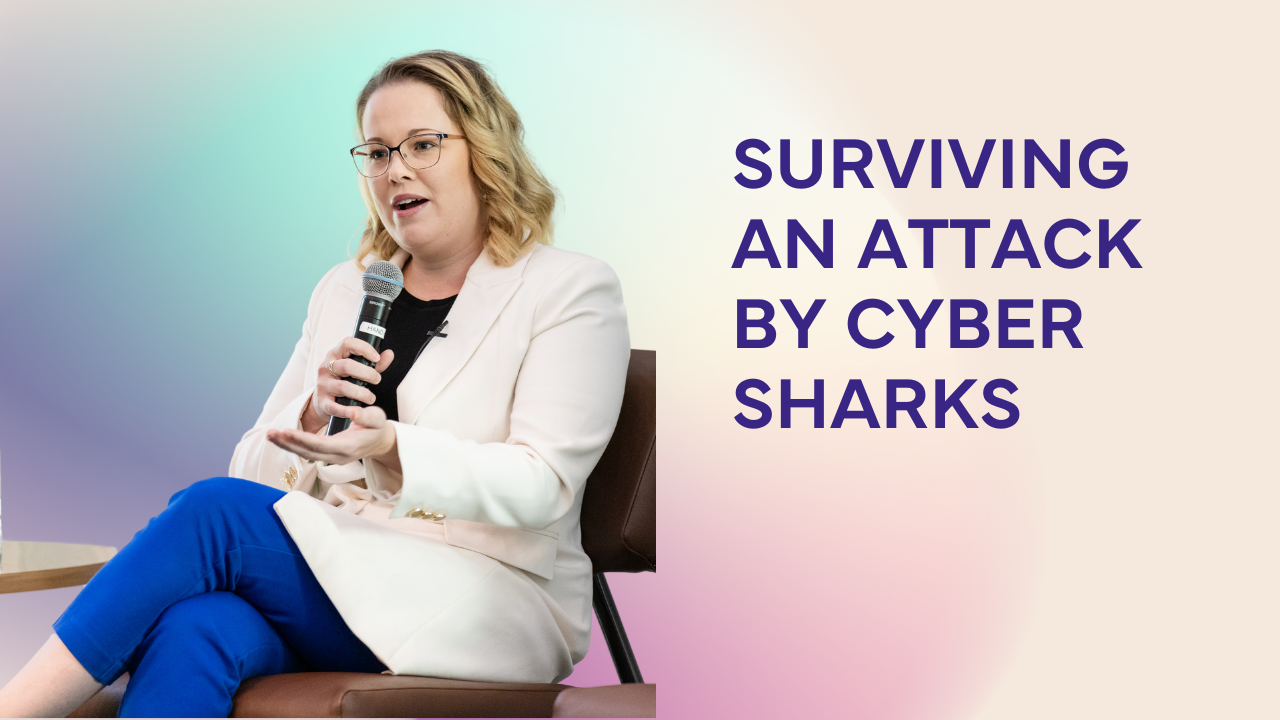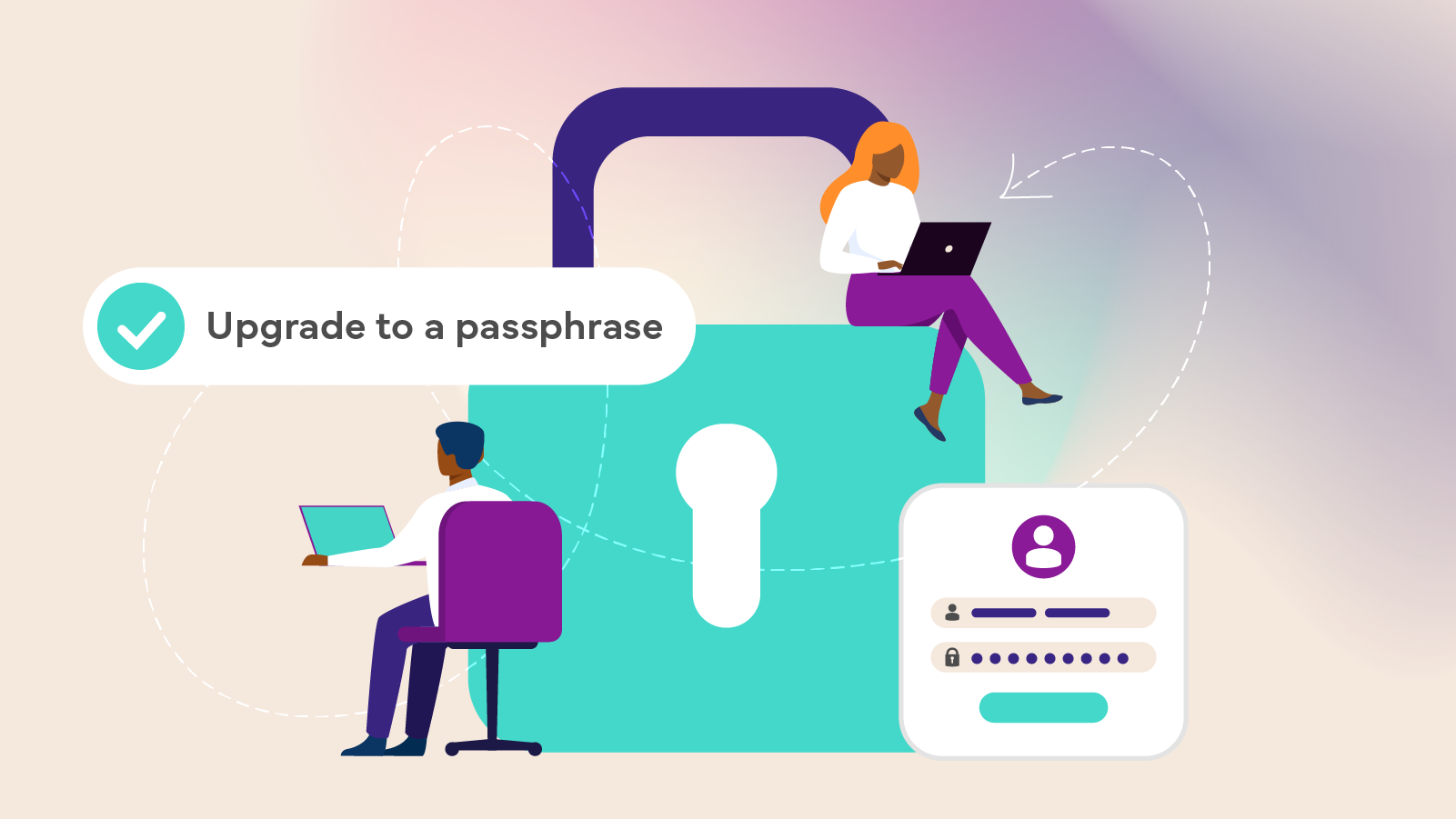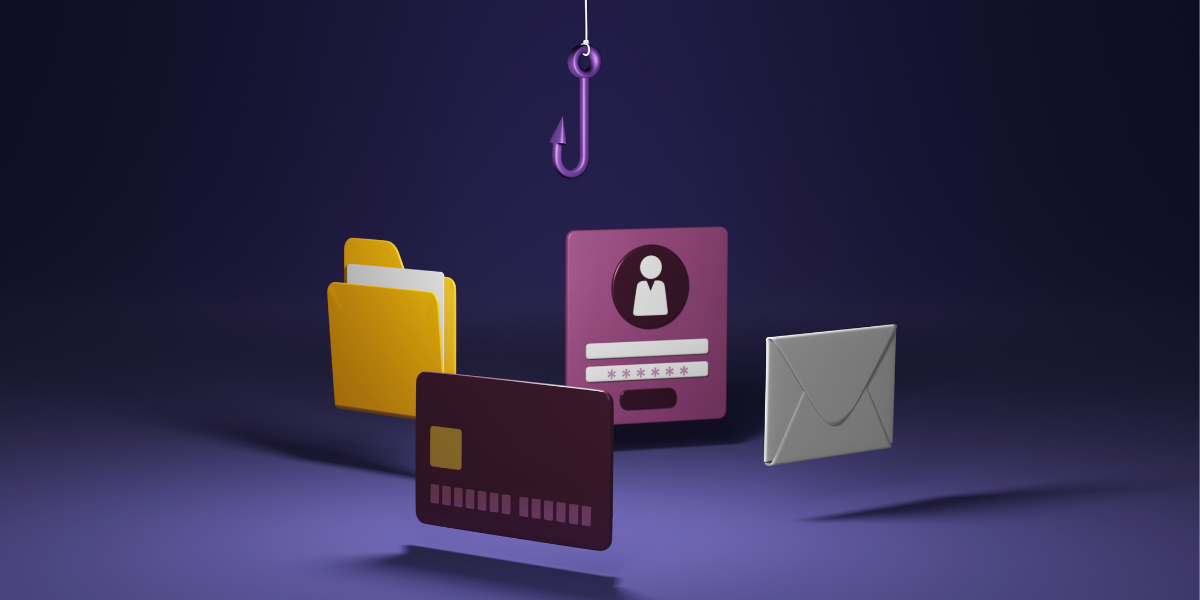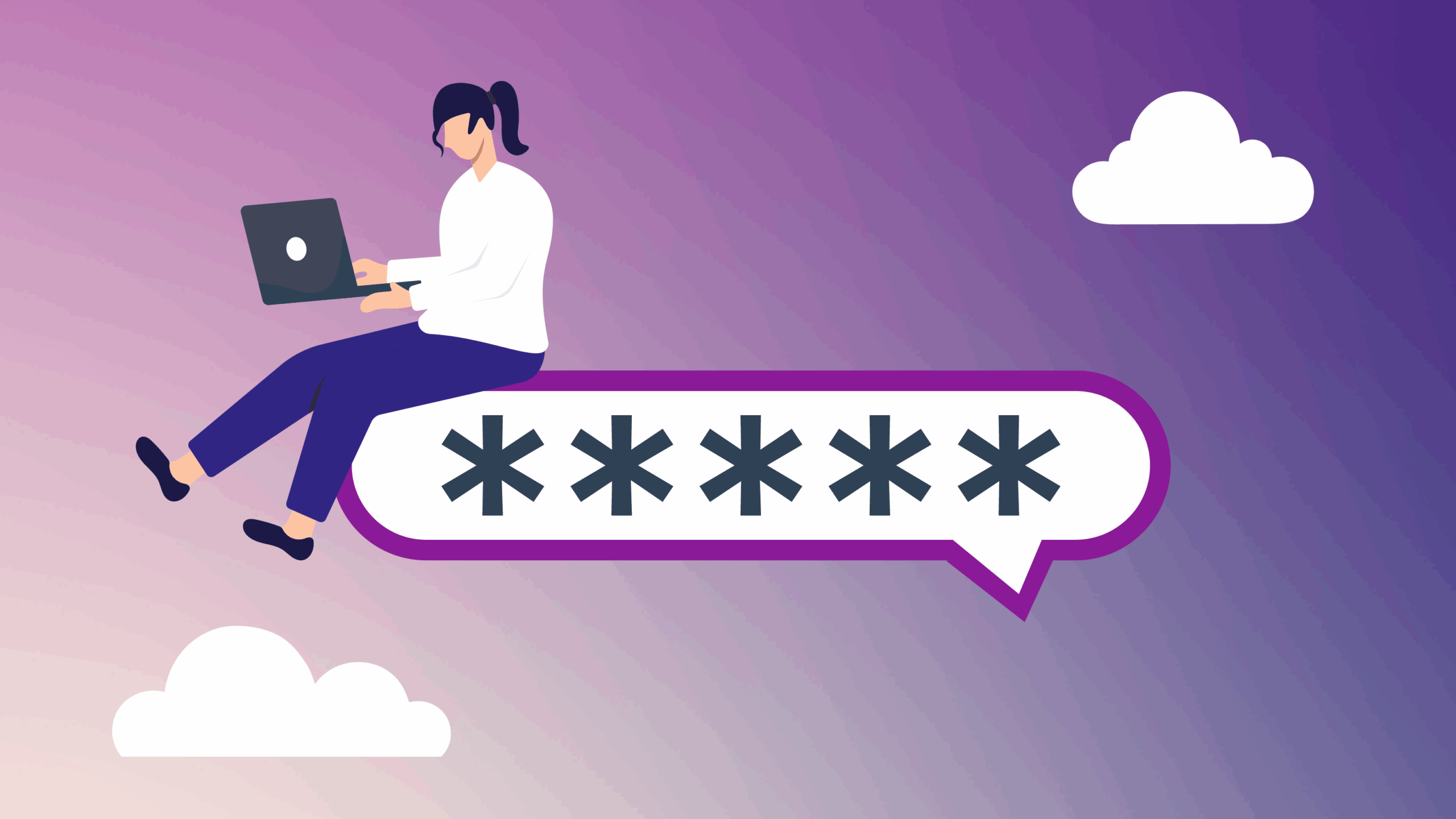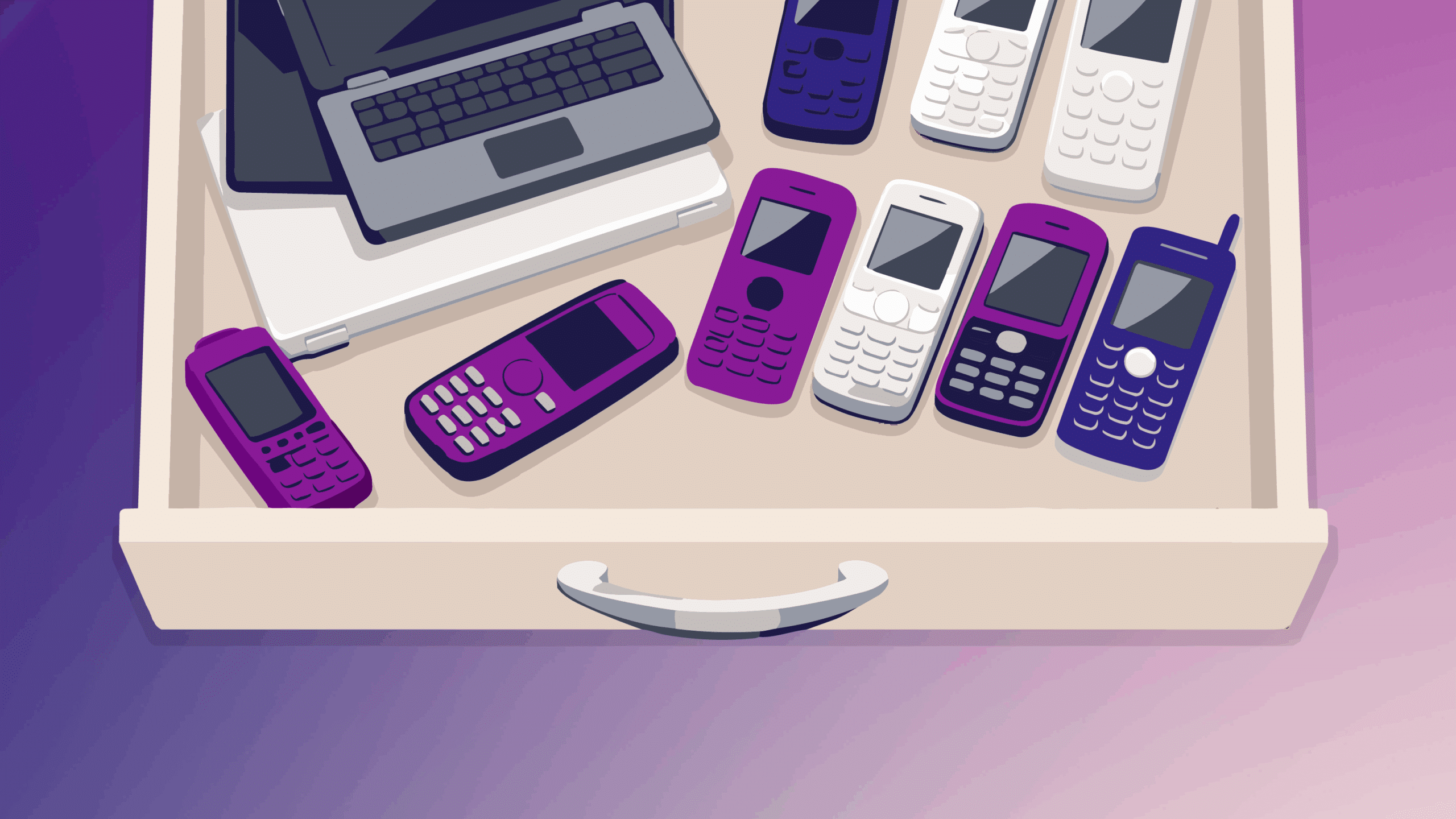4 most common cyber attacks in healthcare
When people get sick, the healthcare industry is the first place they turn to. But it’s also somewhere another group looks to: cyber criminals. According to the Office of the Australian Information Commissioner in 2023, the healthcare industry tops the list for cyber attacks.
And while cyber security incidents in any sector can cause a big headache, in the healthcare sector, it can have devastating impacts on organisations and individuals, and even be life-threatening.
Let’s take a look at the top cyber attacks keeping healthcare IT departments up at night, and why—just like with medicine—prevention is stronger than a cure.
The top four cyber plagues on healthcare
1. Ransomware
At the top of the list is ransomware. This is a particularly insidious cyber attack that encrypts a healthcare organisation’s data, essentially holding it hostage. Operations grind to a halt as staff scramble to regain access to critical patient files. This can lead to delays in treatment, appointment cancellations, and in the worst-case scenario, endanger patient lives. One extreme example involves a German university affiliated with a hospital that came under ransomware attack, disrupting its computer systems. An individual being transported to the hospital by ambulance was re-routed to another hospital 30 kilometres away and passed away en route.
2. Phishing or business email compromise (BEC)
Imagine an email seemingly from a colleague or a reputable healthcare organisation, requesting access to patient records or details. Phishing emails are meticulously crafted to trick staff into clicking malicious links or revealing sensitive information. These links can download malware or lead to fake login pages stealing credentials. Inbox break-ins are sophisticated phishing schemes targeting specific individuals or departments. Hackers impersonate high-level staff within your organisation, tricking you into sending sensitive patient information or initiating financial transfers.
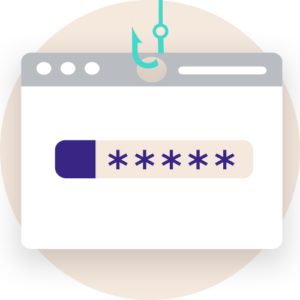
3. Malware
Like a digital disease, malware is malicious software designed to harm your system. It can sneak in through infected email attachments, malicious website visits, or even removable media. Once inside, malware can steal patient data, encrypt files (like ransomware), disrupt critical systems, or even deploy additional attacks.
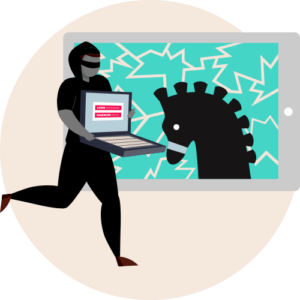
4. Compromised systems
The increasing reliance on remote access solutions for telehealth and other healthcare services, along with the integration of industrial control systems and critical medical devices, adds another level of complexity in protecting yourself from cyber attack. Unfortunately, these systems can offer backdoors for attackers to exploit. Vulnerabilities have been discovered in everything from implantable defibrillators to hospital beds connected to electronic health records. Often, the culprit is weak security practices like hardcoded passwords, improper authentication protocols, or passwords stored in insecure locations. While the fear of disrupting critical care can lead to reluctance in patching these specialised devices, the potential consequences of a compromise are far greater.
Immunise your business against cyber attacks
Just like how a balanced diet, regular exercise and good hygiene practices are a recipe for good health, learning the right skills and educating your team is the best way to combat cyber threats.
Cyber Wardens training is accredited by the Australian Medical CPD Standard (AMcpdS) as a CPD activity for medical professionals, and can give you and your team the right antidote to help protect against cyber attacks.
